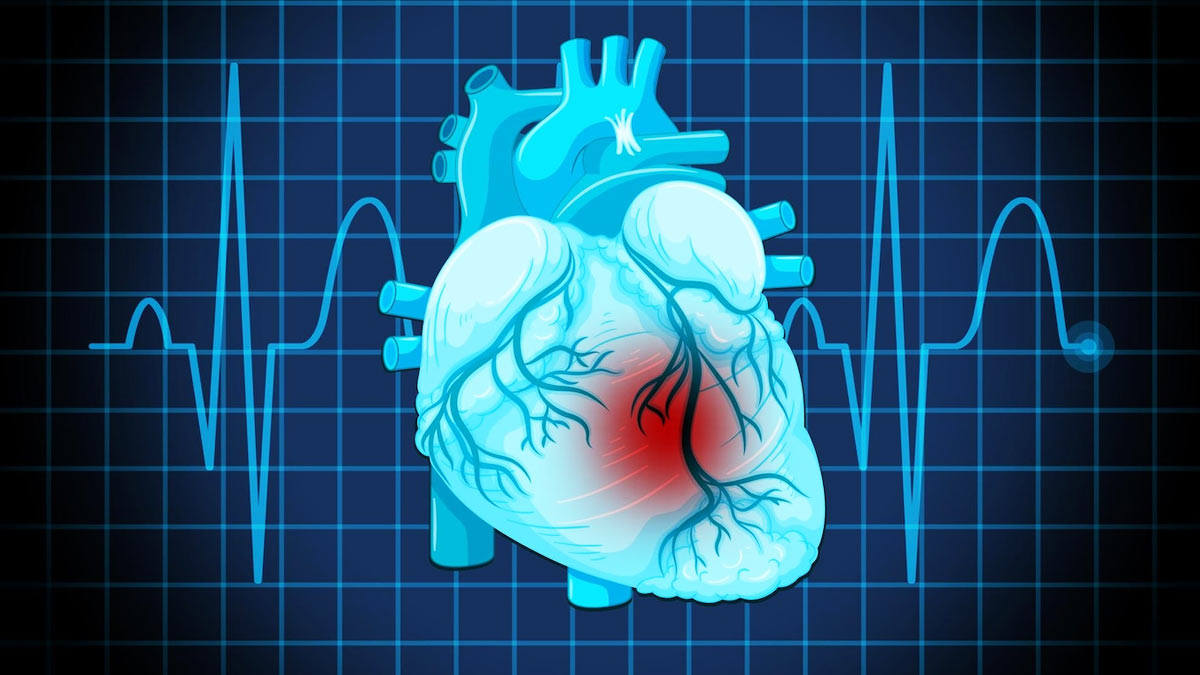
Stroke is one of the leading causes of disability and death worldwide, but fortunately it’s largely preventable. Many people don’t realize that the journey to preventing strokes begins as early as your 20s, primarily with regular blood pressure screening.
Table of Content:-
To have a better understanding we spoke to our expert, Dr Shubendu Mohanty, Senior Consultant Cardiology, Sharda Care - Healthy City, and he explained that high blood pressure, also known as hypertension, is one of the most significant risk factors for stroke. Adding to his statement, he revealed, "The problem is, hypertension often develops quietly and without symptoms, which is why it’s often called the 'silent killer'."
Hence, monitoring your blood pressure from a young age gives you the opportunity to detect early signs of hypertension and adopt lifestyle changes that can drastically reduce your risk of stroke. According to Dr Mohanty early blood pressure screening is essential due to the following reasons:
- Hypertension develops silently
- Prevents damage to blood vessels and arteries
- Allows for early lifestyle interventions

Also Read: Chhath Puja 2024 Healthy Fasting Tips For Pregnant Women
Doctor-Approved Stroke Prevention Tips
Early blood pressure screening is only the first step in stroke prevention. Adopting a healthy lifestyle that supports vascular health is equally crucial. Here are doctor verified some key strategies:
1. Maintain a Balanced Diet
A diet rich in fruits, vegetables, whole grains, lean proteins, and healthy fats helps maintain optimal blood pressure and cholesterol levels. Aim to reduce salt intake, as excess sodium is known to elevate blood pressure. Foods high in potassium, such as bananas, sweet potatoes, and spinach, can also help regulate blood pressure by balancing out sodium levels in the body.
2. Exercise Regularly
Physical activity strengthens the heart, improves circulation, and helps maintain healthy blood pressure levels. Set a goal for at least 150 minutes of moderate exercise per week, such as brisk walking, cycling, or swimming. Exercise also helps to maintain a healthy weight, which is another factor in reducing stroke risk.

Also Read: Expert Shares A Comprehensive Guide On Benefits Of Vitamin B6 For Mental and Physical Well-Being
3. Avoid Smoking and Limit Alcohol Consumption
Smoking damages blood vessels and accelerates the hardening and narrowing of arteries, directly increasing stroke risk. If you smoke, consider seeking support to quit. Similarly, excessive alcohol intake can raise blood pressure, so it’s best to consume alcohol in moderation.
4. Manage Stress
Chronic stress contributes to hypertension, as it prompts the body to release stress hormones that can raise blood pressure. Practicing stress-relief techniques such as deep breathing, meditation, or yoga can help manage blood pressure levels and promote mental well-being.
5. Quality Sleep
According to the American Heart Association Journal, poor sleep has been linked to higher blood pressure and inflammation, both of which are stroke risk factors. Hence, Dr Mohanty suggests aiming for 7-9 hours of quality sleep per night. Establish a bedtime routine, avoid screens before bed, and create a relaxing sleep environment to support restful sleep.
Importance of Knowing Your Family History
"If you have a family history of stroke, hypertension, or heart disease, you may have a higher genetic predisposition to these conditions," Dr Mohanty explained. In this case, it’s especially important to begin regular screenings and consult your healthcare provider about a personalized screening schedule. Early intervention is key for those at higher risk.
Takeaway
Preventing strokes isn’t just about reacting to health crises—it’s about taking a proactive approach to health through early screening and healthy habits. Blood pressure screening from your 20s provides early insight into your health and can guide necessary adjustments before serious complications arise. Paired with a healthy diet, regular exercise, stress management, and quality sleep, blood pressure monitoring is a powerful tool in promoting lifelong brain and heart health.
Also watch this video
How we keep this article up to date:
We work with experts and keep a close eye on the latest in health and wellness. Whenever there is a new research or helpful information, we update our articles with accurate and useful advice.
Current Version